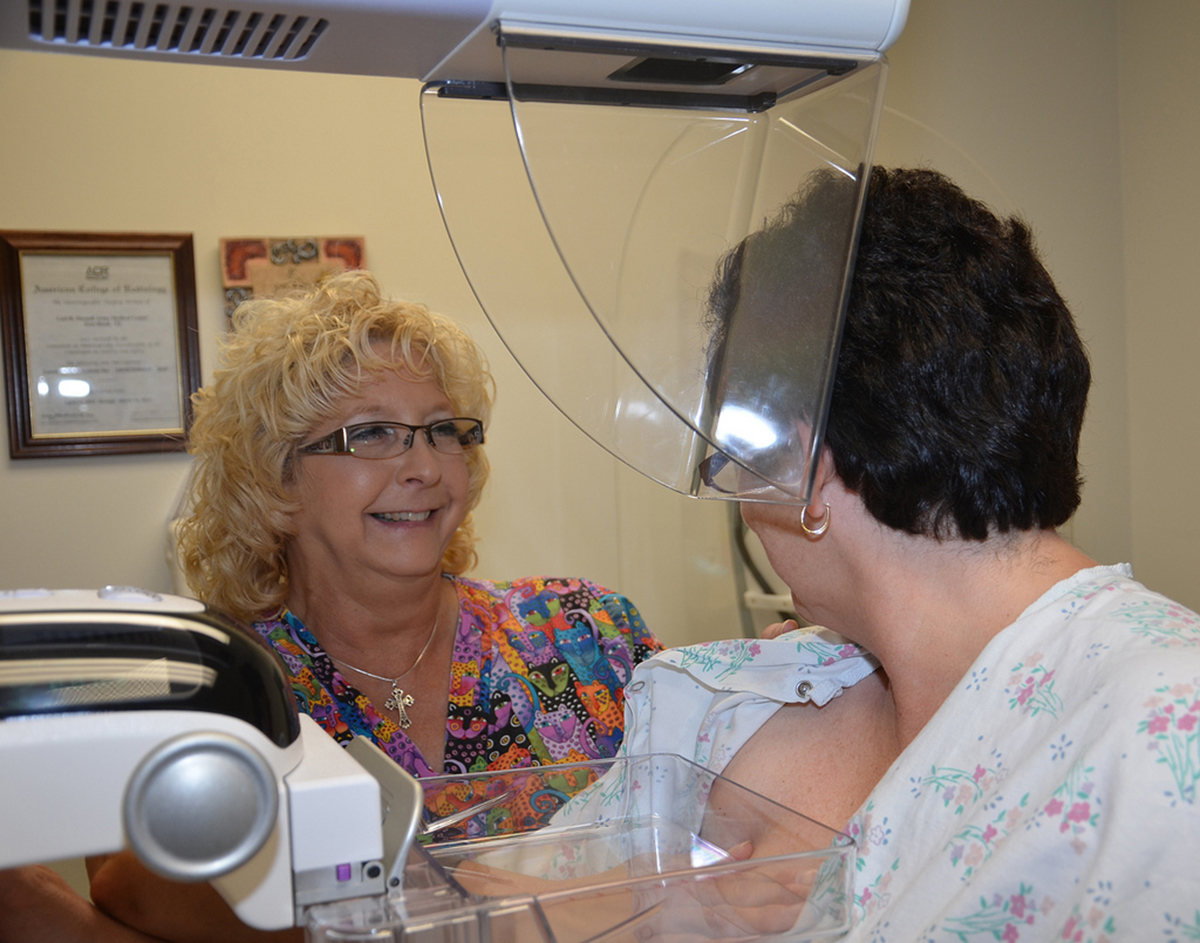Table of Contents
Several recent media reports have certainly made quite a few women worrying. Several scientific studies revealed that hormone replacement therapy (HRT) commonly used by many post-menopausal women is linked to increased risk of developing both ovarian and breast cancer. The risk has also been shown to be higher among women who have been taking drugs for several years.
So, what exactly does this mean for women taking hormone replacement therapy?
In this article I would like to discuss what the scientists found in their studies and what the implications are for the HRT users. Let's take a look at what exactly HRT is, why women take it, and the recent studies suggesting its link to an increased risk of cancer.

What Is Hormone Replacement Therapy?
Hormone replacement therapy, which is also commonly known as Menopausal hormone therapy (MHT) or Postmenopausal hormone therapy (PHT), is a therapy or medication that provides the female hormones which are no longer made by the body after it goes through menopause.
Initially, the doctors not only believed that HRT helps with the hot flashes and the other often unbearable menopause symptoms but also that it has many important health benefits. Later, however, several clinical studies reported that the risks of this treatment may actually outweigh its benefits, especially when given to older postmenopausal women.
A study conducted on women in the age group of 50 to 79 who took this therapy showed that if a woman started taking hormones between the ages of 50 to 55 or if the therapy was initiated less than 10 years before the start of the menopause, they have less risk of heart disease and death from any of the risks associated with this treatment.
Types Of Hormone Replacement Therapy
Hormone replacement therapy OEMs in many different types, all of which may have different risks and effects on your body. The main two types of HRT are:
- Combination HRT- This medication contains the hormones estrogen and progesterone.
- Estrogen only HRT- It contains only estrogen.
HRT is usually categorized in two parts:
-
Systemic hormone therapy: This is when systemic estrogen is given either in the form of a pill, cream, gel or spray. It is the most effective treatment for relief from menopausal symptoms like night sweat or hot flashes. This therapy may also ease vaginal symptoms such as dryness, burning and discomfort during intercourse, and itching.
- Vaginal Products: These are low-dose vaginal preparations of estrogen. These are usually effective in treating vaginal symptoms of menopause.
Risks Of Breast cancer
A study conducted on a million women found that HRT does increase the risk of breast cancer. But the risk gets lowered and is back to normal once the hormone therapy is stopped after around five years.
See Also: A Bizarre Mass On My Breast: Could It Be Cancer?
A study conducted on the effect of HRT on breast cancer in women between the ages of 40 and 79 found that 72 out of a thousand women will develop breast cancer. So, for every 1,000 women undergoing estrogen-only HRT for 10 years there will be around 12 women diagnosed with breast cancer, and for women undergoing combined HRT for 10 years, 84 women out of one thousand will develop breast cancer.
- Beral, V, Reeves, G, Green, J, and Bull, D. Ovarian cancer and hormone replacement therapy in the Million Women Study. Lancet. 2007
- 369: 1703–1710
- Collaborative Group on Hormonal Factors in Breast Cancer, Menarche, menopause, and breast cancer risk: individual participant meta-analysis, including 118 964 women with breast cancer from 117 epidemiological studies. Lancet Oncology 2012
- 13: 1141–1151
- Beral V, Million Women Study Collaborators. Breast cancer and hormone-replacement therapy in the Million Women Study. Lancet. 2003
- 362:419-427
- Colditz GA. Relationship between estrogen levels, use of hormone replacement therapy, and breast cancer. J Natl Cancer Inst. 1998
- 90:814-823
- Danforth KN, Tworoger SS, Hecht JL, et al. A prospective study of postmenopausal hormone use and ovarian cancer risk. BJC. 2007
- 96:151-156
- Gapstur SM, Morrow M, Sellers TA. Hormone replacement therapy and risk of breast cancer with a favorable histology: Results of the Iowa Women’s Health Study. JAMA. 1999
- 281:2091-2097
- Nelson HD, Humphrey LL, Nygren P, Teutsch SM, Allan JD. Postmenopausal hormone replacement therapy. JAMA. 2002
- 288:872-881
- Newcomb PA, Longnecker MP, Storer BE, et al. Long-term hormone replacement therapy and risk of breast cancer in postmenopausal women. Am J Epidemiol. 1996
- 143-527.Photo courtesy Army Medicine via Flickr: www.flickr.com/photos/armymedicine/6198092775
- Photo courtesy of 401st_AFSB via Flickr: www.flickr.com/photos/401stafsb/8058919787

